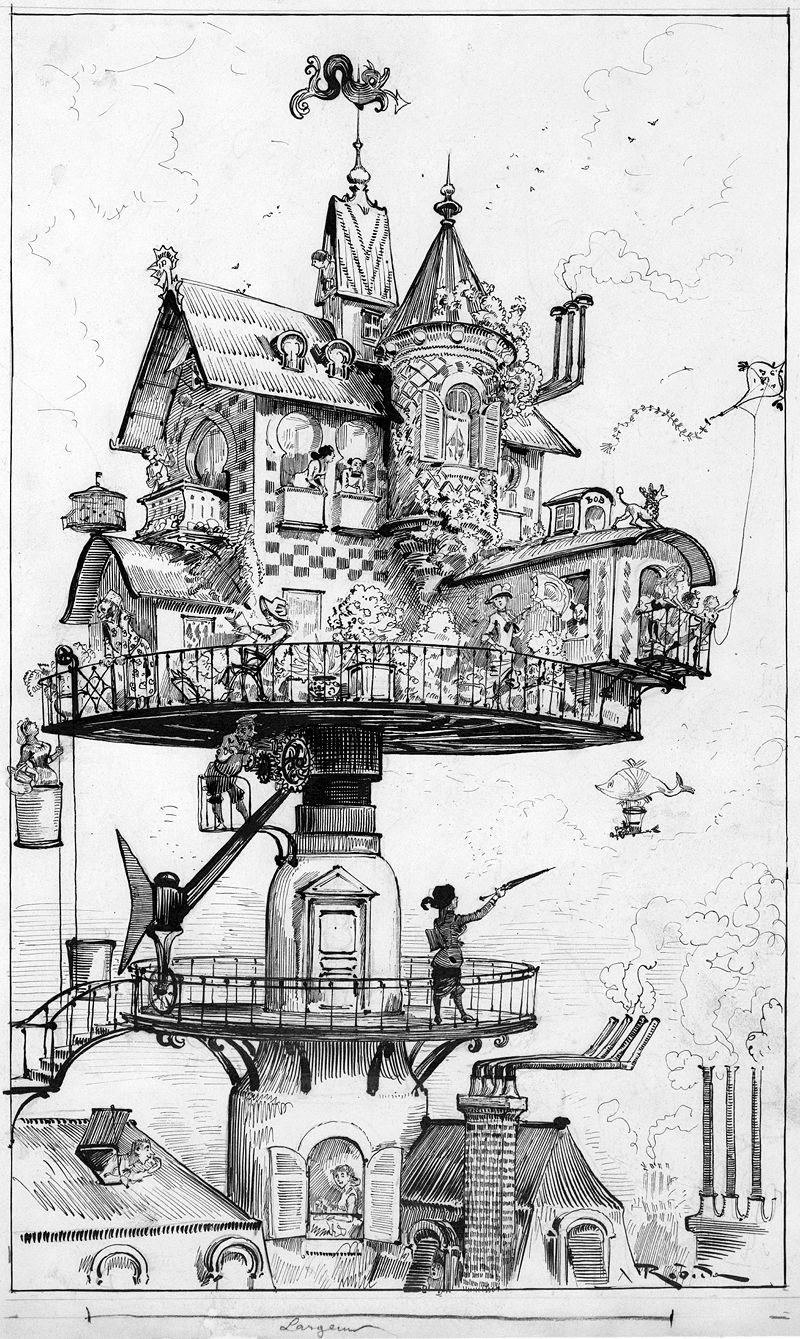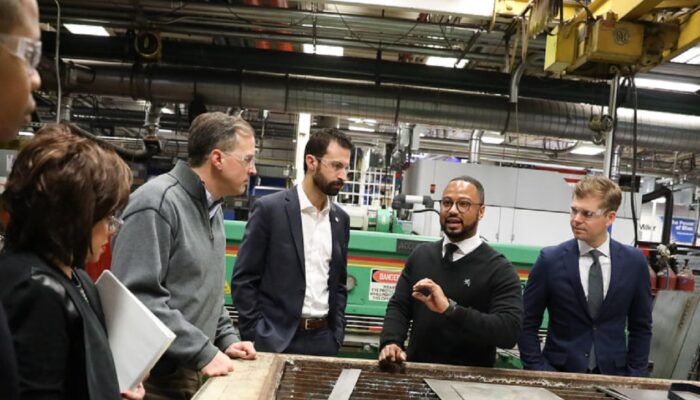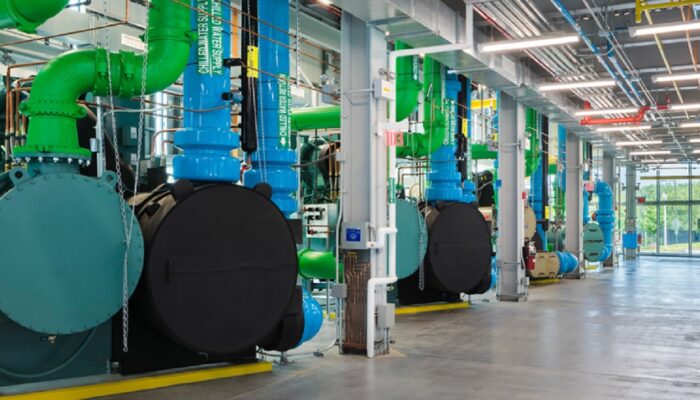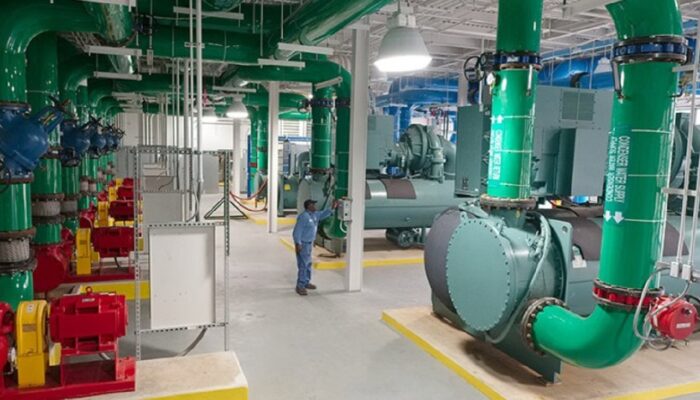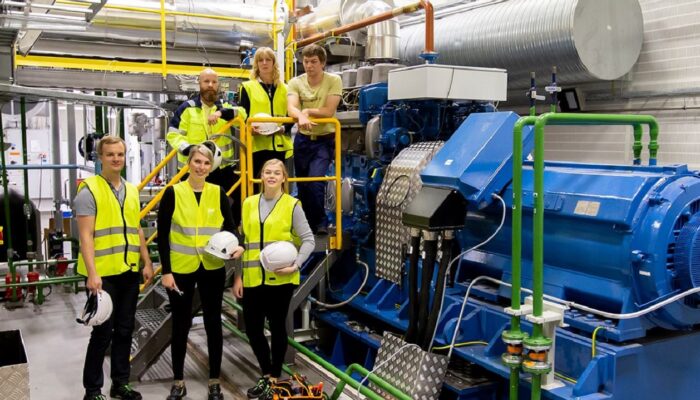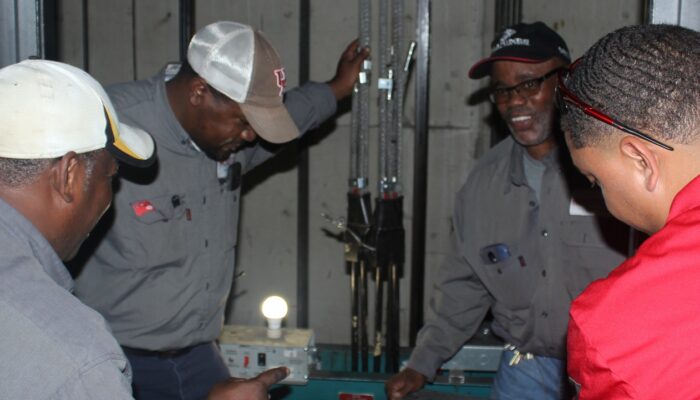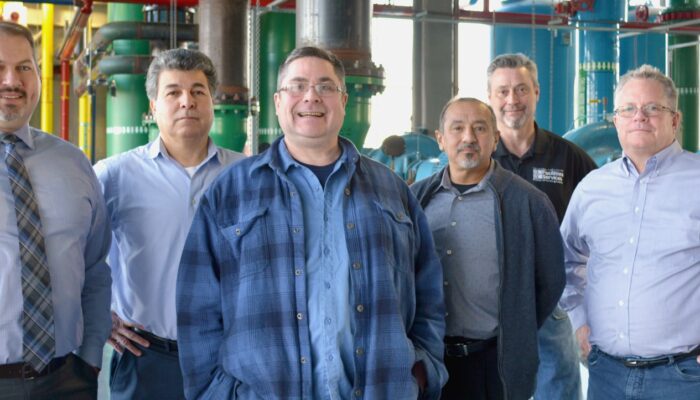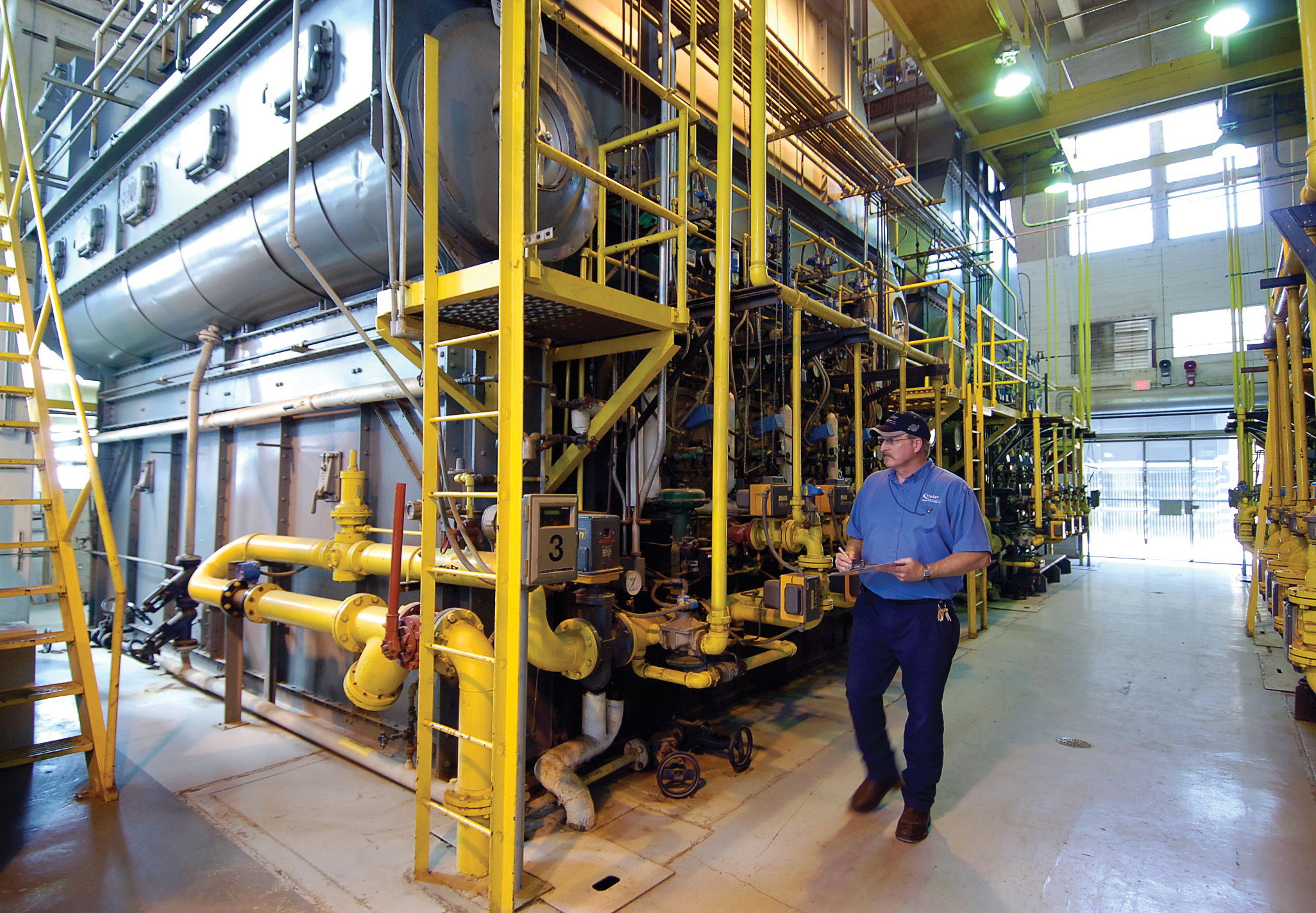ANSI Standards Action: January 26, 2024
During today’s colloquium we audit the literature that sets the standard of care for mechanical engineering design, construction operations and maintenance. Mechanical systems — which includes building service engineering* — runs upwards of 35 percent of new building construction. After architectural disciplines that produce the building envelope, the mechanical disciplines dominate technical considerations for building and maintaining education community physical spaces. The requirements that affect cost change on a near-daily basis and now given heightened scrutiny of building air flow patterns with the circumstances of the pandemic.
For the moment, we co-locate plumbing and mechanical system consensus products in the same group.
We track standards setting in the bibliographies of the following organizations:
AHRI | Air Conditioning, Heating & Refrigeration Institute
AIHA | American Industrial Hygiene Association
ASHRAE | American Society of Heating & Refrigeration Engineers
ASME | American Society of Mechanical Engineers
ASPE | American Association of Plumbing Engineers
ASTM | American Society for Testing & Materials
AWS | American Welding Society
AWWA | American Water Works Association
AHRI | Air Conditioning, Heating & Refrigeration Institute
IAPMO | International Association of Plumbing and Mechanical Officials
ICC | International Code Council
IEC | International Electrotechnical Commission
IMC | International Mechanical Code
IPC | International Plumbing Code
ISEA | International Safety Equipment Association
ISO | International Organization for Standardization
NFPA | National Fire Protection Association
SEFA | Scientific Equipment & Furniture Association
SMACNA | Sheet Metal Contractors National Association
UL | Underwriters Laboratories
(All relevant OSHA Standards)
It is a large domain. Through 2024 we will break down our inquiries thus:
Mechanical 200: Case studies
Mechanical 330: District energy
Mechanical 400: Commissioning
* Building services engineers are responsible for the design, installation, operation and monitoring of the technical services in buildings (including mechanical, electrical and public health systems, also known as MEP or HVAC), in order to ensure the safe, comfortable and environmentally friendly operation. Building services engineers work closely with other construction professionals such as architects, structural engineers and quantity surveyors. Building services engineers influence the architectural design of building, in particular facades, in relation to energy efficiency and indoor environment, and can integrate local energy production (e.g. façade-integrated photovoltaics) or community-scale energy facilities (e.g. district heating). Building services engineers therefore play an important role in the design and operation of energy-efficient buildings (including green buildings, passive houses and zero energybuildings. uses. With buildings accounting for about a third of all carbon emissions] and over a half of the global electricity demand, building services engineers play an important role in the move to a low-carbon society, hence mitigate global warming.
LEARN MORE:
George Herman Babcock — through his patents of pumps, steam engines, and novel boiler designs with collaborator Stephen Wilcox — raised the standard for safe boiler design & operation.https://t.co/qakAw4jfCn pic.twitter.com/3rCxXHkBfM
— Standards Michigan (@StandardsMich) October 21, 2020



